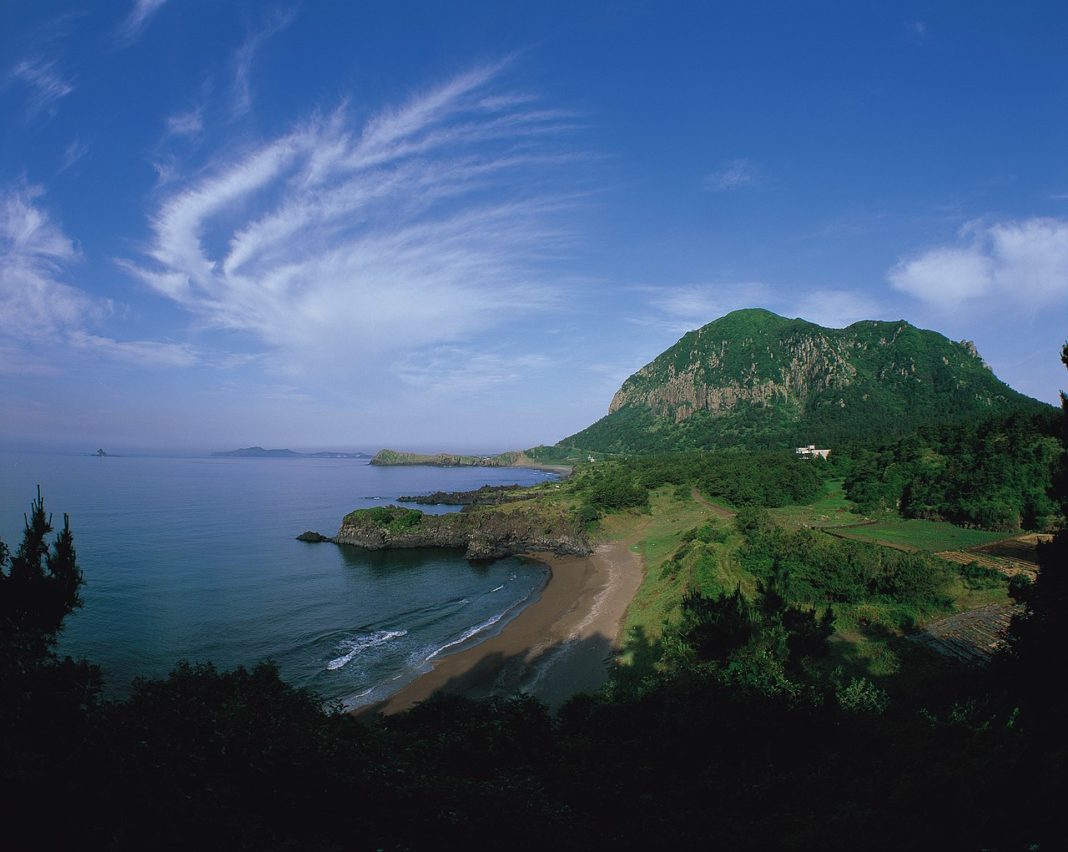Jeju Island is South Korea’s largest island. It is also the most populous island in South Korea. The island lies in the Korea Strait, south of the Korean Peninsula, and South Jeolla Province. The island was formed by the eruption of an underwater volcano approximately 2 million years ago. It contains a natural World Heritage Site, the Jeju Volcanic Island and Lava Tubes. Jeju Island has a temperate climate which is moderate; even in winter, the temperature rarely falls below 0 °C. Jeju is a popular holiday destination and a sizable portion of the economy relies on tourism and related economic activity.
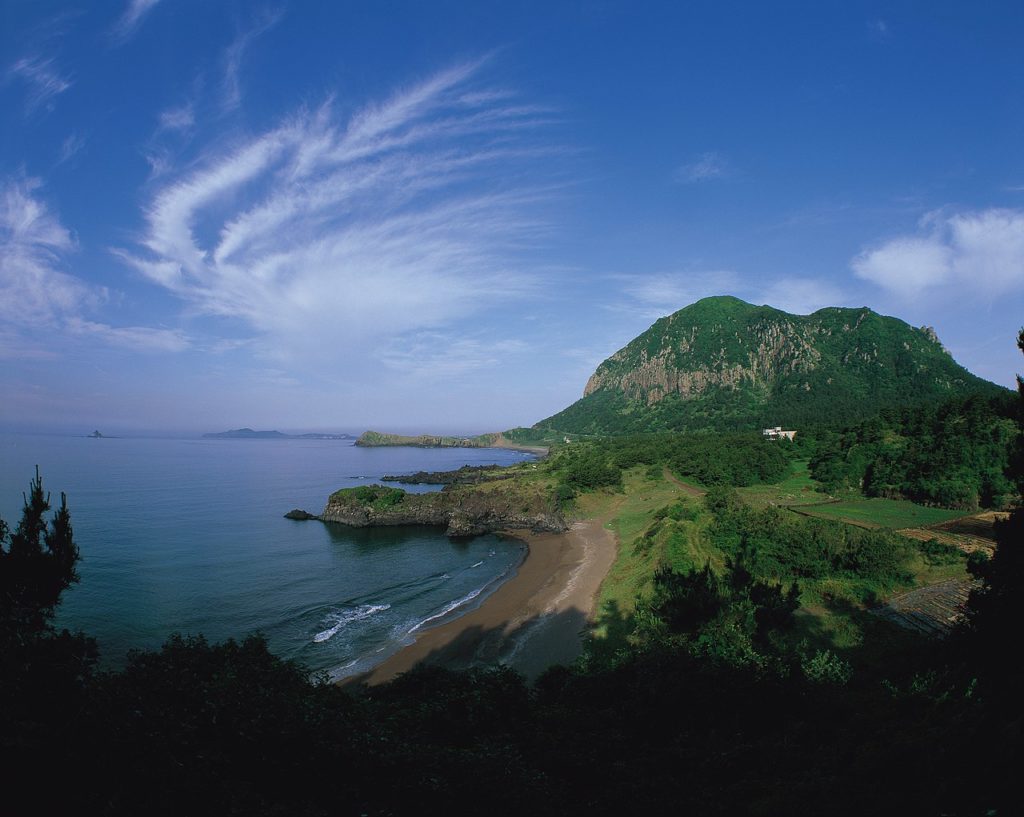
Rising up from the depths of the Korean Peninsula as Korea’s largest and southernmost island, Jeju’s serene, crater-marked landscape and mild sub-tropical climate is blessed with a natural beauty ideal for hikers and a new wave of wellness tourism.
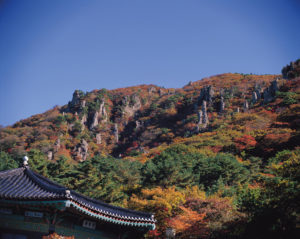
The dormant volcano Hallasan stands 1,950 meters above sea level. The Hallasan park is home to multiple hiking trails, everything from a few miles to a 12-mile round trip hike to the high point Dongneung Peak. The hike takes about 25 minutes to climb on a well graded trail. Views of sheer cliffs keep your attention as you make your way to the top of the tuff cone crater at the top.
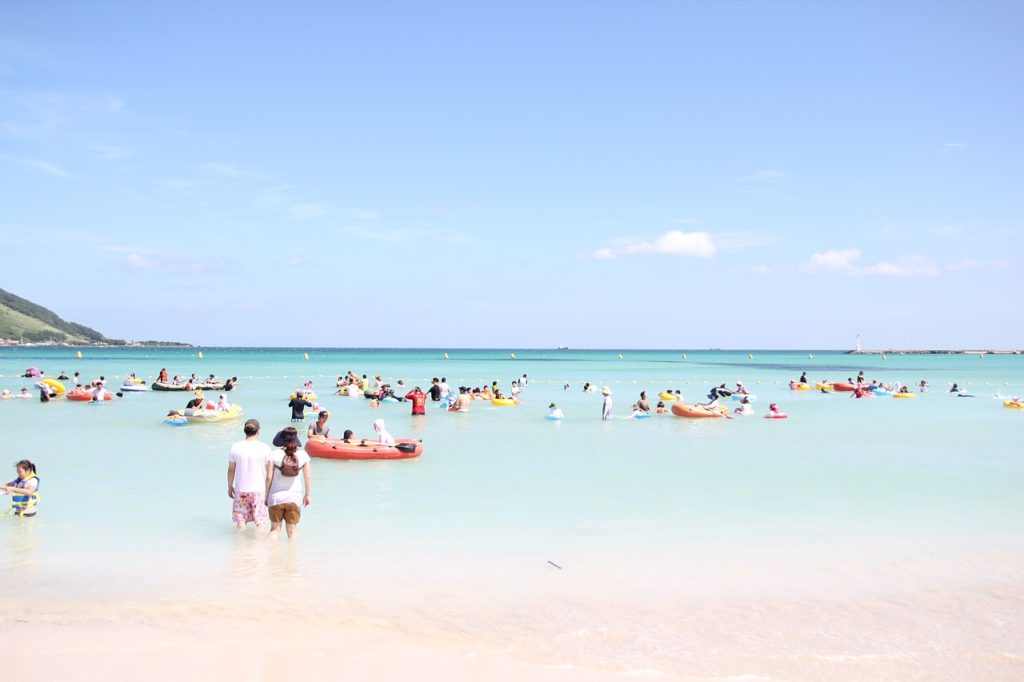
Jeju’s beaches are popular with honeymooners and many Korean vacationers, especially during summer. The emerald color of the water in Jeju is unique and beautiful. Together with amazing fine white sand and volcanic shores, Jeju beaches are absolutely stunning.
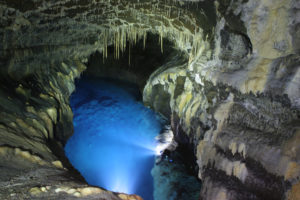
When it’s hot and humid outside, one of the most refreshing things you can do is a explore a cave. The Manjanggul Cave is actually a lava tunnel that stretches on for 13 kilometers (8 miles) and is also one of Jeju’s UNESCO sites. In order to protect the cave and organisms (bats) that call it home, only 1 kilometer of the cave is open for public access and a visit takes about an hour.
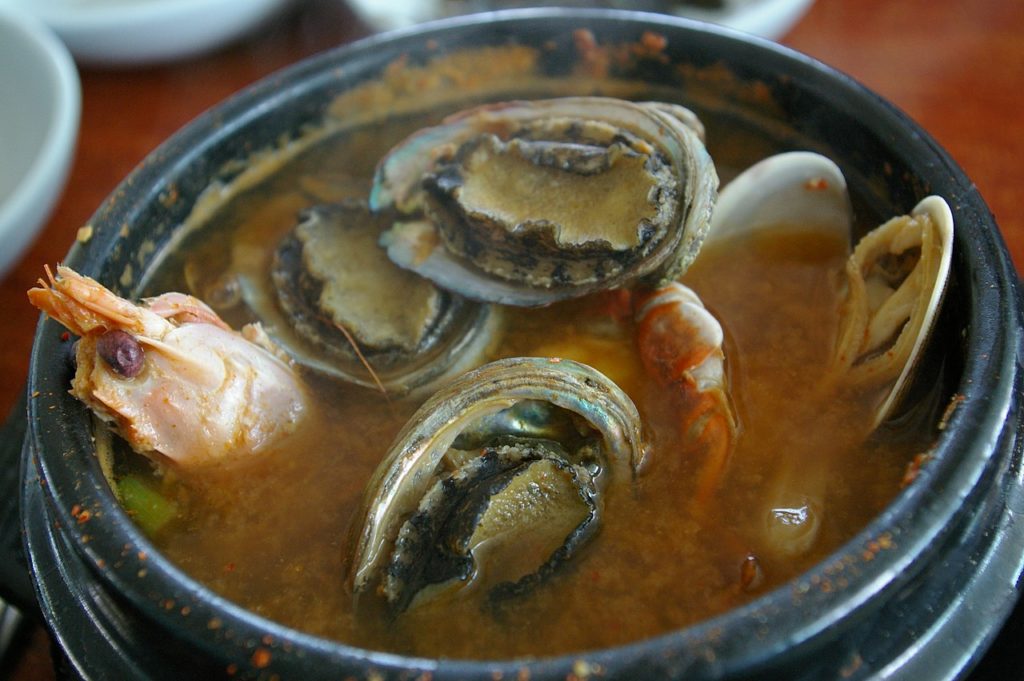
The island is known for its unique cuisine, most notably the local seafood caught by Jeju’s famous female deep-sea divers (haenyeo), all of whom are aged 60 and over. Jeju’s beaches are perfectly suited for some coastal relaxation, its idyllic waters cloaking vivid seascapes of coral. Further inland, you will find narrow lanes lined with traditional cottages rendered from the native black lava rock, while fertile volcanic soils support palm trees, flourishing mandarin groves, pineapples and exotic dragon fruit.





